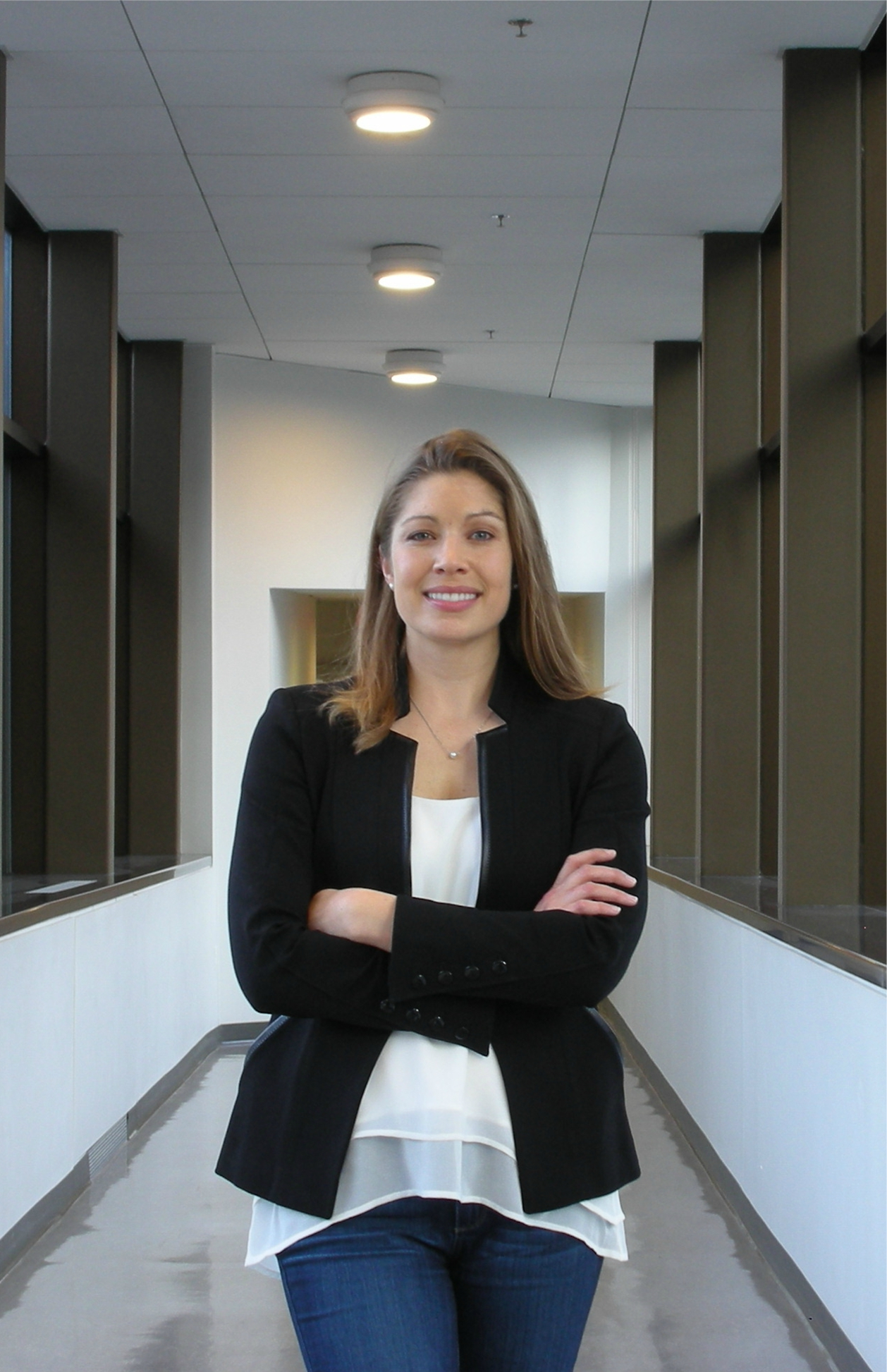Faculty Focus: Catherine Musselman, PhD
 What is your hometown?
What is your hometown?
Denver, CO
How/when did you become interested in science and/or medicine?
I was always fascinated by science as a kid. I was very curious and wanted to understand how things worked. It wasn’t until college that I became interested in pursuing science as a career. I had three wonderful chemistry professors that were not only great classroom teachers but encouraged me to pursue basic research and ultimately graduate school.
When did you join the University of Iowa faculty?
I joined the Biochemistry faculty in August of 2013.
How or why did you choose to join the faculty at the University of Iowa?
The University of Iowa presented a great environment for me to carry out my research. The Carver College of Medicine has a number of supported facilities that are critical to my research and is home to the Holden Comprehensive Cancer Center. In addition, the faculty in the Biochemistry department provide me an excellent community in which to grow as a young assistant professor. Altogether, I felt like this was a great place for me to start my independent research career.
Is there a teacher or mentor who helped shape your career?
There have been many people who helped shape my career. However, Dr. Robert Damrauer at the University of Colorado probably had the greatest influence on my career path. Dr. Damrauer was my research advisor when I was an undergraduate student. He was the person who encouraged me the most to attend graduate school and helped me get there.
How do you see your faculty role impacting medicine and/or science?
What is great about being a faculty member is that it provides you the opportunity to impact science in many capacities. I have the intellectual freedom to develop and pursue important scientific questions. I also have the opportunity to train students. In the classroom I can take a didactic approach to training undergraduate and graduate students. In addition, in my laboratory, I work with students of all levels to train them to think creatively, to develop independent ideas, and to rigorously test them.
What is the biggest change you've experienced in your field since you were a student?
The thing that has probably changed the most since I was a student is the level of computational power that has now been achieved. This has had a tremendous influence on all fields of science and medicine, but especially in my own field of epigenetics.
What one piece of advice would you give to today's students?
Enjoy the challenge. Scientific and medical training can be very overwhelming, but try to enjoy the challenge of every day. There are so many important problems that need to be tackled, and so many fascinating things for us still to learn, the effort is worth it.
In what ways are you engaged in professional activities outside the University (i.e. population based research, mentoring high school students, sharing your leadership/ expertise with organizations or causes, speaking engagement off campus, etc.)?
I believe it is critical that we bring scientific and medical knowledge to the community and encourage the next generation of students. I take every opportunity to engage young students in science. I visit local high schools and host high school students in my laboratory in order to expose them to the scientific process and encourage them to pursue training in STEM.
What are some of your outside (personal) interests?
I love the outdoors, especially the mountains. I enjoy hiking, running, and cycling. I also enjoy reading and cooking.